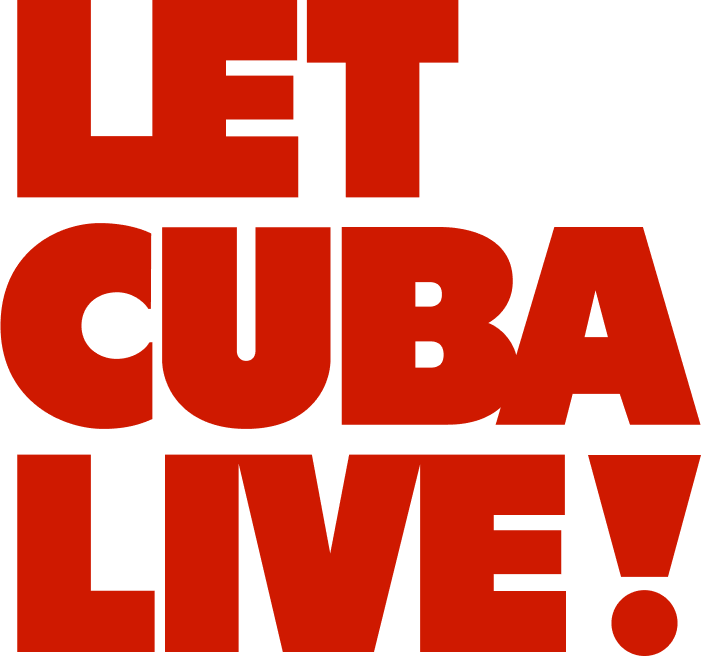FAQ
-
The State Sponsor of Terrorism list is a tool of the United States government which is used to condemn countries that the United States considers to be supporters of international terrorism. The U.S. claims that these countries have “repeatedly provided support for acts of international terrorism” based on section 1754(c) of the National Defense Authorization Act.
Currently, the list is made of Syria (1979-present), Cuba (1982-2015, 2021-present), Iran (1984-present), and North Korea (1988-2008, 2017-present). Previously, the list also included Libya, Iraq, South Yemen, and Sudan.
-
Cuba was first added to the State Sponsors of Terrorism list in 1982 by the Reagan administration because of Cuba’s role in supporting national liberation struggles in Africa and Central America.
On May 29, 2015, Cuba was removed from the list by the Obama administration as a part of the normalization of relations with Cuba. The State Department officials who conducted a review of Cuba came to the accurate conclusion that despite the disagreements between the US and Cuban government, Cuba was not a state sponsor of terror.
The Trump administration added Cuba onto the list again on January 12, 2021, citing Cuba’s role in peace negotiations in Colombia and providing asylum to former political prisoners from the U.S. This justification is absurd, because Cuba is not sponsoring terrorism but sponsoring peace by facilitating the peace process between the Colombian Government and the ELN, a Colombian guerrilla organization. Cuba recently helped broker a historic bilateral ceasefire between the ELN and the Colombian government on June 9th of this year.
-
The Secretary of State of the United States determines which countries should be on the list. The Biden administration has done nothing to change this designation, despite the decision from his Democratic Party predecessor President Obama to remove Cuba from the list. However, President Biden and his administration could remove Cuba from the list with a new review.
-
Inclusion on the State Sponsors of Terrorism list comes with deepened hostility and condemnation from the U.S. and the international finance system which it controls. Countries on this list face severe and specific impacts including:
Controls over exports of dual use items
Financial and other restrictions
Sanctions on other persons and countries engaging in trade with “state sponsors of terrorism”
Elimination of ESTA waivers for travelers who visit Cuba
-
Labeling Cuba as a state sponsor of terrorism is a backwards connotation that calls the victim of vicious terrorism the perpetrator of terrorism. Since 1959, the United States has spent countless resources equivalent to billions of dollars in training anti-government forces in Cuba who have engaged in terrorist acts, such as bombing hotels and killing civilians. Since 1959, 3,478 people have died and another 2,099 have been disabled in terrorist attacks against Cuba.
Despite this constant terror, Cuba has never diverted from the path of supporting the poor and oppressed peoples of the world in fighting hunger, illness, illiteracy, and suffering. Cuba dedicates its resources toward the well-being of its own citizens and the world, even while facing crushing economic pressures.
-
The State Sponsor of Terrorism designation has made it incredibly difficult for Cuba to access the international banking system as international banks refuse to process any transactions related to Cuba for fear of violating any sanctions imposed on Cuba due to the state sponsor of terrorism designation. This has made it exponentially more difficult for Cuba to import basic necessities like food, construction supplies, and medicine, leading to shortages across the country.
The designation has also greatly affected Cuba’s ability to receive humanitarian aid. After Hurricane Ian devastated the western province of Pinar del Rio in September of 2022, the State Sponsor of Terrorism designation either completely stopped or significantly slowed down international humanitarian aid to rebuild the destroyed homes, provide immediate disaster relief, and restore power to the province.
The blockade has cost the Cuban economy $154.2 billion over the past 60 years - or $1.3 trillion in the value of gold. Just during the first 14 months of the Biden administration, the blockade cost the Cuban economy 15 million dollars per day in damages (for a total of $6.3 billion). Between August 2021 and February 2022, the damages cost $3.8 billion, preventing the economy from growing by 4.5% as the island recovered from the impacts of the COVID-19 crisis.
